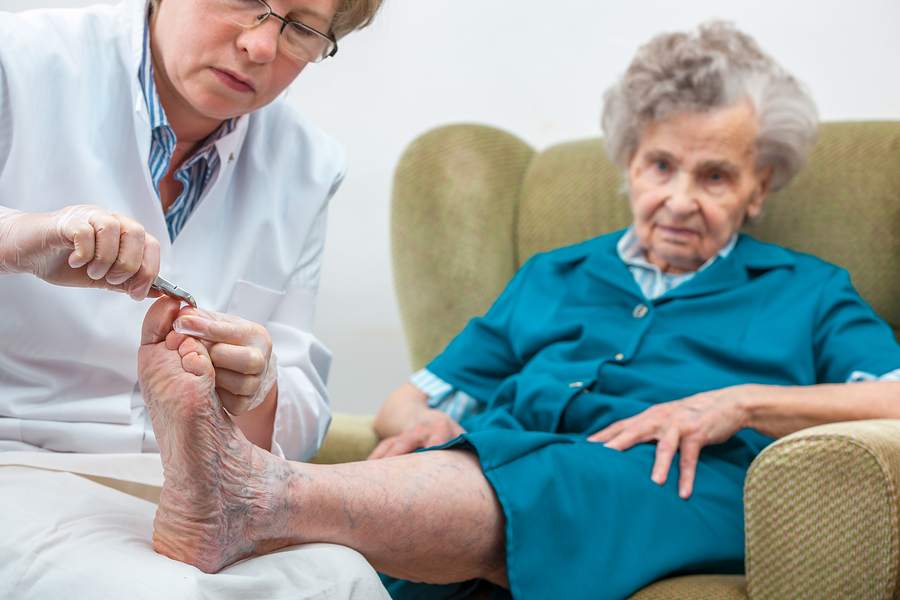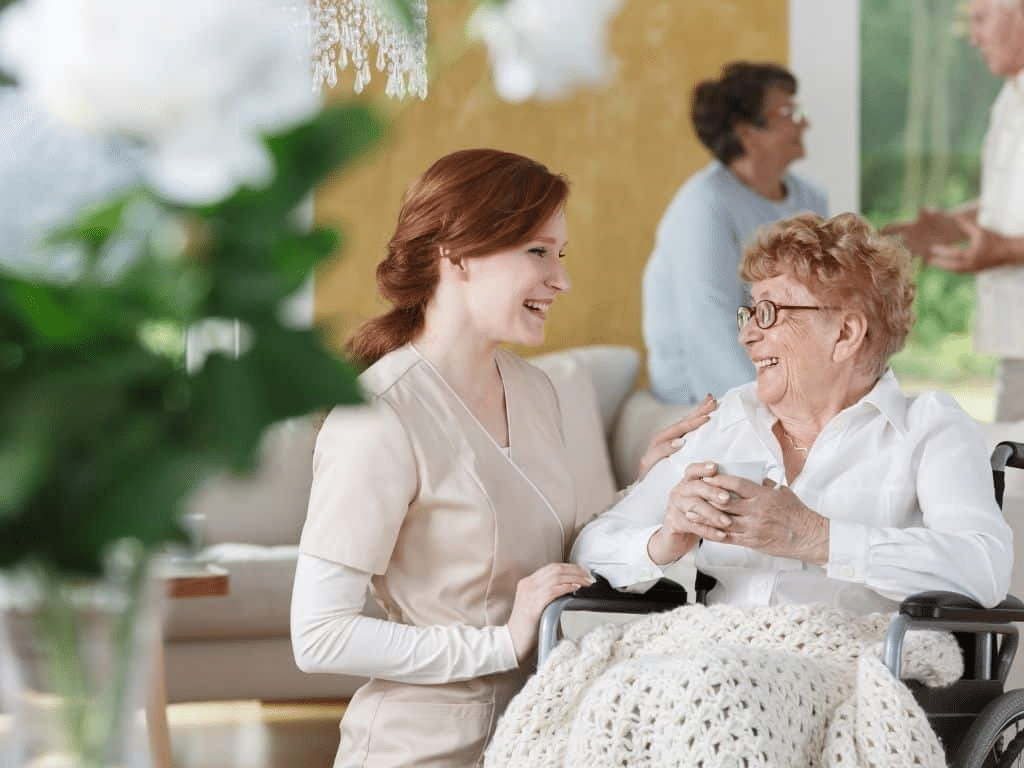Noticing that your ageing parent is neglecting their personal hygiene can be confronting—and emotionally complex. You may feel worried, unsure how to bring it up, or even guilty for not noticing it sooner. But it’s a more common issue than most people realise.
Declining hygiene in older adults is often a sign of deeper challenges, from physical limitations to memory loss, depression, or even fear of losing independence. The good news is, there are gentle, respectful ways to address it while preserving your parent’s dignity.
Here’s what to look out for and how to take compassionate action.

Signs Your Parent May Be Struggling With Hygiene
You might notice:
- Strong body odour
- Greasy or unwashed hair
- Dirty or stained clothing
- Long nails or unbrushed teeth
- Unpleasant smells in the bathroom or bedroom
- Soiled bedding or towels not being changed
These signs may be subtle at first but can escalate over time if left unaddressed.
Why Hygiene Starts to Decline
Understanding the “why†is key to approaching the situation with empathy:
1. Physical Limitations
- Arthritis, injury, or poor mobility can make showering, bending, or changing clothes painful.
2. Cognitive Decline
- Early-stage dementia or memory loss may cause your parent to forget when they last bathed or changed.
3. Depression or Loneliness
- Apathy, fatigue, and social withdrawal can reduce motivation to maintain hygiene.
4. Fear of Falling
- Bathrooms are slippery and can feel unsafe. Your parent may avoid showering to reduce the risk.
5. Pride and Privacy
- Some older adults find it humiliating to admit they need help with such personal tasks.
No one wants to feel like a burden or to lose their autonomy—it’s often more about fear than refusal.
How to Approach the Conversation (With Compassion)
Talking about hygiene is delicate. Here’s how to bring it up in a way that encourages openness rather than resistance:
- Choose a private, calm moment to talk—not during a crisis.
- Start with observations, not accusations: “I noticed you’ve been having a bit more trouble getting ready lately—how are you feeling?â€
- Express concern, not judgement: “I’m worried that something might be making it hard to shower or change comfortably.â€
- Avoid using words like “dirty†or “neglected.â€
Reassure them that your goal is to support, not take control.

Practical Solutions That Preserve Dignity
Sometimes, the solution is simpler than you’d expect—especially when it’s framed as making life easier rather than ‘correcting’ a problem.
1. Modify the Bathroom for Safety
- Install grab bars, non-slip mats, and a shower seat
- Use hand-held shower heads and temperature controls
2. Introduce Light Support Services
- A home carer can assist with bathing, dressing, and grooming in a respectful, discreet way
- Start small—perhaps with help just once or twice a week
Visit our Our Carers page to learn how we prioritise trust, kindness, and preserving personal dignity.
3. Simplify the Routine
- Lay out clean clothes for the day ahead
- Use dry shampoo or no-rinse bathing wipes for days when showering is difficult
- Offer gentle reminders about brushing teeth or changing clothes
4. Address Underlying Health Concerns
- Book a check-up with their GP to rule out physical or cognitive health issues
- Monitor for signs of depression, confusion, or memory lapses
What If They Refuse Help?

It’s common for older adults to initially push back—especially if they feel embarrassed or ashamed.
Try This:
- Suggest the idea as temporary or trial-based: “Let’s just try it for a few weeks and see how it feels.â€
- Frame it around what they gain: “This could make mornings less stressful.â€
- Let them have input in choosing the carer
Often, once they experience the relief of having gentle, respectful help, resistance fades.
When to Seek Extra Support
If hygiene issues persist despite your efforts, it may be time to bring in additional support:
- Contact a home care provider for a free consultation
- Arrange an aged care assessment for funded support
- Involve their GP or a trusted healthcare professional to reinforce the need
Hygiene neglect can lead to infections, skin issues, and poor mental health. Early intervention is important.
Final Thoughts: It’s About Care, Not Control
Helping your parent with personal hygiene is not about taking over—it’s about supporting their quality of life, health, and confidence.
Approach with empathy, lead with love, and remember that small steps and kind words often lead to the biggest changes.
âž¡ Need support introducing home care gently? Call us today for a confidential, no-pressure chat about how we can help.
